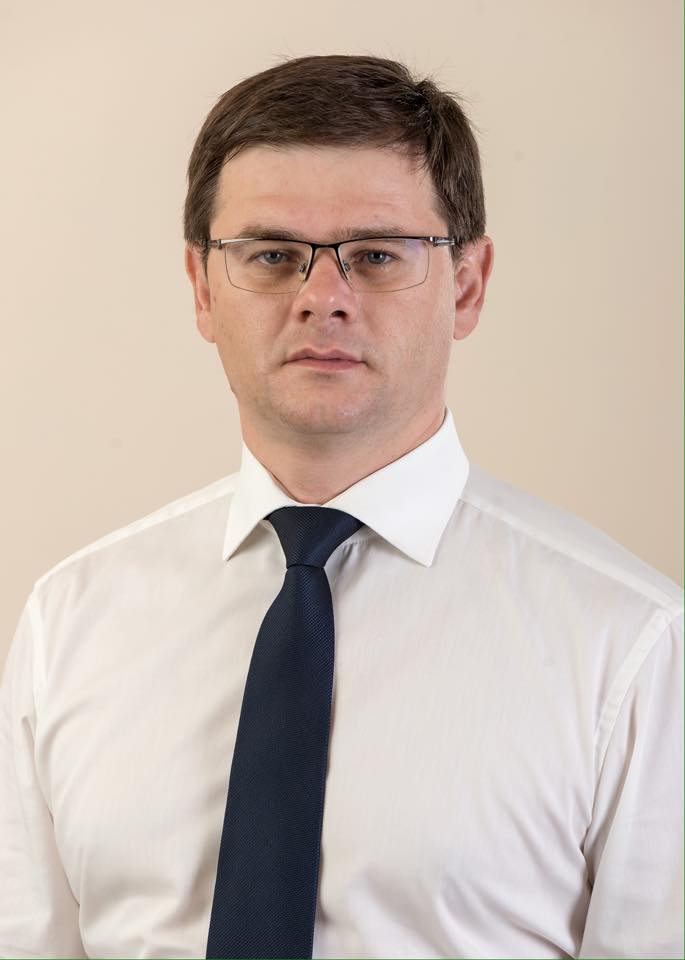Answer: Anatoly Dirun, Director of the School for Political Research from Tiraspol

- Which concrete tools should be used in order for the Transnistrian public debates to become viable?
A.D.: One of the problems of general discussions on the settlement of the Transnistrian conflict is the lack of a permanent nature of such discussions. One-time projects do not give a full understanding of the essence of the processes taking place in the conflicting parties. We should also highlight the existence of such a condition as participation in the discussions of representatives of the conflicting parties. It is highly desirable to highlight a practical topic for the future discussion and invite participants to it. And of course, the outcome of the discussions should be known to the general public and not just a narrow circle of specialists.
- In your statements you refer to “reformatting civil society”. Also, you agree that there is absolutely necessary to assure the existence of public debates – known as a necessary and preceding element of civil society participation at the decision making process and control process. So, how do you see this reformatting accomplished?
A.D.: The civil community of each of the parties to the conflict has been sufficiently extensively involved in the debate about the prospects and strategies for the settlement of the conflict. One can recall the statements of the Moldovan NGOs on the “red lines” in the negotiation process and much more. Another question is that we do not have enough of one maximum of two sites for an exchange of views and positions between representatives of civil society.
- At the beginning of 2017 you stated that, at Tiraspol, there is certain sympathy for Igor Dodon, one of the common interests being linked to the larger presence of Russia in this region and its more important role inside the regulatory process. How could this aspect affect the economic relation? Are there links between these two aspects?
A.D.: During his election campaign, Igor Dodon sent clear mesages about the need for cooperation with Russia. These statements could not help understanding Transnistria. Another issue is that the constitutional powers of Dodon himself as a presidency are clearly limited. Therefore, one must really understand that its capabilities are not great.
In addition, Dodon stated that he was a pro-Moldovan president and would defend the interests of his country. This in turn means that it will do what is beneficial for Chisinau, and not what is beneficial for Tiraspol. Against this background, we should not expect a sharp understanding between the parties to the conflict on economic issues.
- How do you comment Putin`s personal involvement in the process of simplifying the procedures for a number of around 200,000 Transnistrian inhabitants to be able to obtain Russian citizenship, out of more than 475,000 inhabitants?
A.D.: The issue of obtaining Russian citizenship depends primarily on the desire of the residents of Transnistria to have Russian citizenship. And I note that this process is not as easy as it might seem at first glance. The hearings on this issue held on March 20, 2017 in Moscow in the State Duma showed that there are still many problems for compatriots who wish to obtain Russian citizenship.
- Russia declared that RM-UE Association Agreement should be renegotiated, by submission to a review in three, with Russian participation. This statement could become a precedent, with influences on Ukraine. How feasible is this approach of the Russian Federation?
A.D.: First of all, Russia stated that it considers it expedient to consider the Agreements between the EU and Moldova taking into account its interests. Since it is also in the interest of the Moldovan leadership to develop economic relations with Russia. If Chisinau pursues a policy of developing relations only with the EU, ignoring ties with Russia, then it will damage primarily Moldova and not Moscow. Perhaps such a situation may prove beneficial to the EU, but this is a short-sighted policy. More recent experience of Armenia demonstrated that it is possible to find common points with both Moscow and Brussels.
- If, over this situation, hypothetically speaking, it is added a special status for Transnistria, what do you think the consequences could be?
A.D.: In order to talk about the consequences, one must understand the nature of the possible status of Transnistria. While the talk about the political status of Transnistria is not on the agenda at all.
- According to the Dniester Customs Committee, published in March this year, Transnistria exported more in Romania instead of Russia during 2016. Also, there was a reduced Transnistrian export to CIS. How do you see the effects on economy?
A.D.: There is nothing surprising in this. Transnistria is a state with a market economy. Therefore, exports to the EU should be considered in terms of competitiveness of our products. Another question is that export to the west is a possible lever for pressure from Chisinau and the EU on Tiraspol. And we can not rule out the situation when Transnistria will try to impose political conditions in replacing the preservation of markets in the west. From this point of view, the risks are of course present.
The interview was conducted by Nicoleta Munteanu
Proiectul „Dosarele conflictului transnistrean. Soluții pentru dezvoltarea societății pe cele două maluri ale Nistrului” este finanțat de către Ministerul Afacerilor Externe (MAE) prin programul României de cooperare pentru dezvoltare (RoAid) și implementat cu sprijinul Programului Națiunilor Unite pentru Dezvoltare (UNDP) – Centrul Regional pentru Europa și Asia Centrală.



